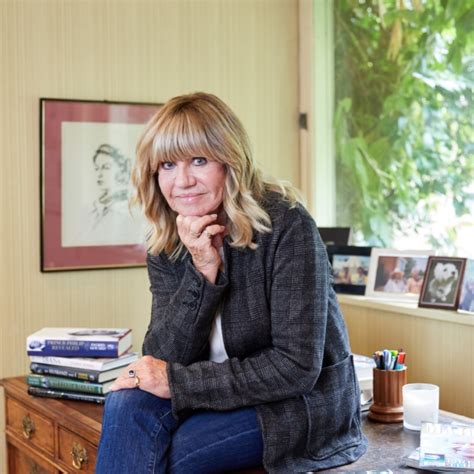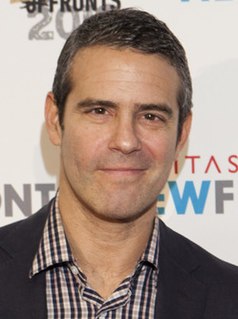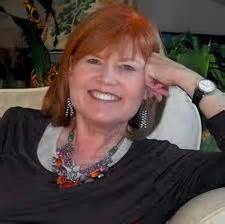A Quote by Sajid Javid
When I heard about the Windrush issue, I thought, 'That could be my mum... it could be my dad... it could be my uncle... it could be me.'
Related Quotes
A work can do many things at once, and it doesn't have to be just about the world, it could also be about photography, it could be about perception, it could be an exploration of the medium. It could be a document, it could be a visual poetry, and it could be a formal exploration all at the same time.
Jesus never met a disease he could not cure, a birth defect he could not reverse, a demon he could not exorcise. But he did meet skeptics he could not convince and sinners he could not convert. Forgiveness of sins requires an act of will on the receiver's part, and some who heard Jesus' strongest words about grace and forgiveness turned away unrepentant.
It could be anything. It could be Jesus and it could be the Furby and it could be the lint that lives in my navel, but it's probably not. Whatever it is, I doubt we as humans on Earth could have any perception of it while we're here. So, why give yourself a headache thinking about it. Just be a good person. That's what an ethicist is.
When I heard that there were artists, I wished I could some time be one. If I could only make a rose bloom on paper, I thought I should be happy! Or if I could at last succeed in drawing the outline of winter-stripped boughs as I saw them against the sky, it seemed to me that I should be willing to spend years in trying.
I believed even then that if I could transform my experience into poetry I would give it the value and dignity it did not begin to possess on its own. I thought too that if I could write about it I could come to understand it; I believed that if I could understand my life—or at least the part my work played in it—I could embrace it with some degree of joy, an element conspicuously missing from my life.
It's just that when you heard hip-hop, no matter where you were, it was a culture that kind of made you want to try to be part of it. Whether you thought you were an artist, whether you thought you could be a DJ, whether you thought you could breakdance, or whether you thought you could rap. It was the kind of culture that had a lot of open doors.
But he could not taste, he could not feel. In the teashop among the tables and the chattering waiters the appalling fear came over him- he could not feel. He could reason; he could read, Dante for example, quite easily…he could add up his bill; his brain was perfect; it must be the fault of the world then- that he could not feel.


































